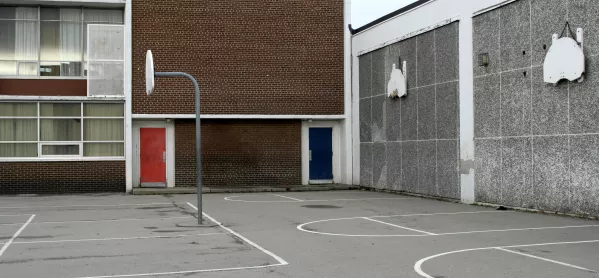Despite the government’s pledge to increase school funding by £7.1 billion by 2022-23, as outlined in yesterday’s spending review, there will be a £500 million reduction in funding for school buildings.
The figures showing a reduction in the capital budget for education were published yesterday in the Treasury’s 2019 spending review document.
They show the capital budget will be slashed by 10 per cent from £5 billion in 2019-20 to £4.5 billion in 2020-21.
Lib Dem education spokesperson Layla Moran MP condemned the government for “hiding” the reduction behind the headlines of spending increases, and said that children were learning in cramped classrooms.
Background: DfE planning teacher pay rises and behaviour crackdown
Quick read: Government gives extra £66 million to early years
Opinion: ‘This large splash of cash does not reverse the cuts’
She said: “Teachers don’t want the added fear that their schools are full of asbestos or aren’t big enough to cope with rising pupil numbers.”
“They must invest billions more in new schools, so that no child has to learn in a cramped classroom.
“Yet again, the Conservatives have put a catchy headline above the success and safety of our children.”
The Lib Dems say the government also “raided the pot” for school buildings in 2017 when a £1.3 billion increase in core spending for schools was funded by cutting money for PE facilities and by shifting the bill for new free schools onto local councils.
The National Audit Office revealed in 2017 that it would cost £6.7 billion to return all school buildings to a satisfactory condition.
Meanwhile, DfE estimates suggested the number of secondary pupils would rise by a fifth in the decade to 2026.
The Treasury said the spending round had made no changes to the DfE’s capital budget figures and that they had been previously published, most recently in the DfE’s main estimates (published annual spending).
It said the reduction was driven by the natural winding-down of the Priority School Building Programme, which is nearing completion, and that future capital budgets would be set at next year’s spending review.




